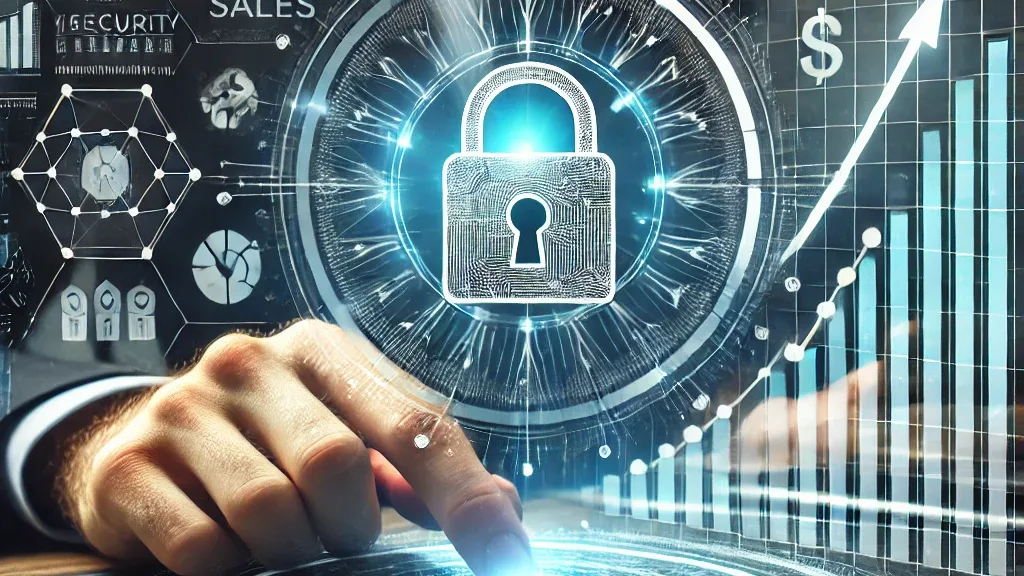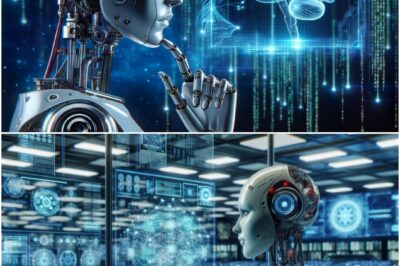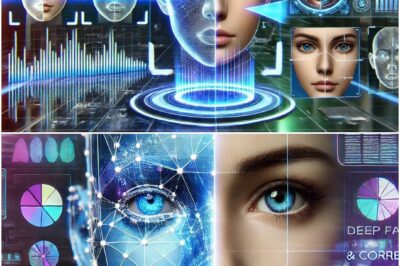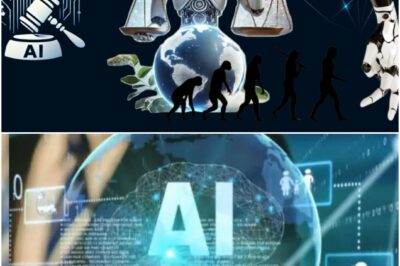In the new age of geopolitics, tanks and missiles matter less than malware and misinformation. The internet has become both battlefield and weapon, and the warriors don’t wear uniforms — they wear hoodies.
The cyberwar isn’t fought in daylight. It happens in the silent milliseconds between a click and a command. Governments hack each other’s infrastructure, private companies are held ransom by anonymous collectives, and citizens unknowingly become foot soldiers in digital skirmishes fought across continents.

2025 has seen a surge in “state-sponsored” cyberattacks. The targets aren’t just servers — they’re power grids, hospitals, satellites, and AI systems that control critical infrastructure. One corrupted algorithm could cause chaos on a national scale.
But amid the paranoia, a quiet revolution is happening: the rise of ethical hackers. Once seen as rebels, they’re now frontline defenders, probing systems before malicious actors can strike. Think of them as locksmiths in a world where every door is digital.
As our dependence on technology deepens, cybersecurity becomes the moral backbone of civilization. The Cold War never truly ended — it just moved online, trading nuclear codes for encryption keys. And in this invisible war, the most powerful weapon is knowledge.
News
The Ghost in the Machine: When Artificial Intelligence Starts Asking Who It Is
There’s a strange hum in the background of modern civilization. It’s the sound of millions of processors thinking — not…
Robotics Gets Emotional: The Quest to Build Machines That Feel
Robots can walk, talk, and even dance — but can they care?The next frontier of robotics isn’t physical dexterity; it’s…
The Age of Synthetic Life: Programming Biology Like Code
For billions of years, evolution shaped life through randomness. Now, humans are editing nature with precision. Synthetic biology is the…
Deepfake Nation: When Reality Itself Becomes Editable
In 2025, truth no longer needs to be destroyed — it just needs to be remixed.Deepfakes have evolved far beyond…
The Blockchain Beyond Crypto: The Quiet Revolution You Missed
Crypto made headlines — but blockchain’s real revolution was never the coins. It’s the infrastructure beneath them. Think of blockchain…
The AI Arms Race in Education: Learning Without Teachers?
In classrooms from California to Seoul, students are learning from something that isn’t human. AI tutors are grading essays, generating…
End of content
No more pages to load












